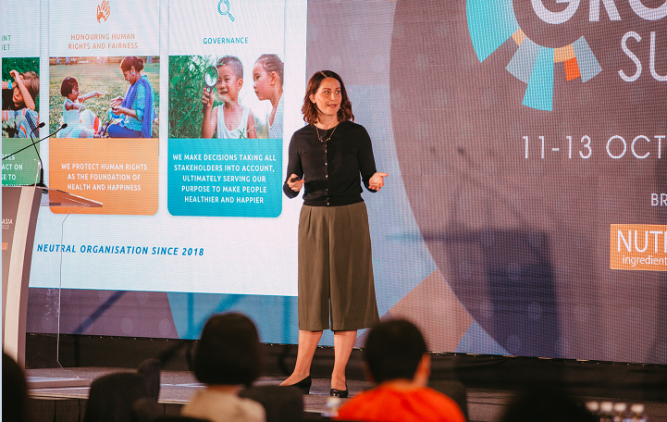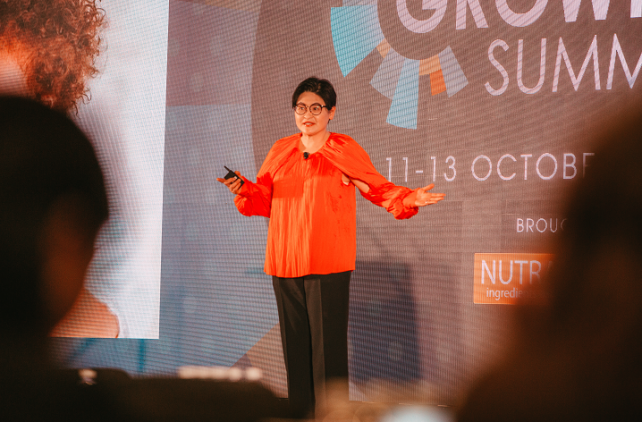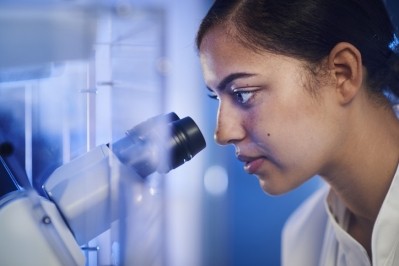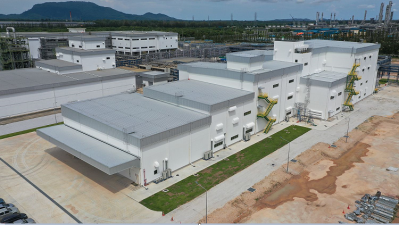Growth Asia Summit 2022
Clear benefits: Why the gut-organ axis a real opportunity for probiotic innovation – H&H Group
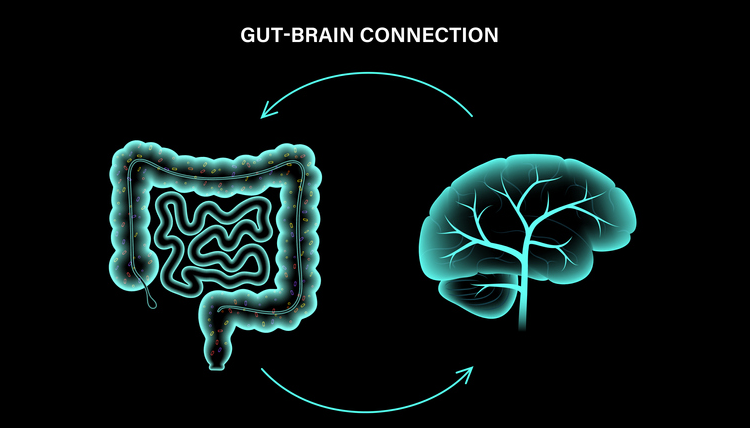
Emerging research has shown that probiotics could benefit the gut-organ axis, such as supporting bone and skin health, beyond the established field of the gut-brain axis.
The point was brought up by Angela Brady, external innovation and partnering director at H&H Group, keynote speaker at the Growth Asia Summit organised by NutraIngredients-Asia and sister title FoodNavigator-Asia.
She was presenting the topic titled “Market and innovation trends in both infant and adult probiotic market”.
She pointed out that probiotics for the immunity and the gut-brain axis has become an established field, with awareness in this field growing among researchers and consumers.
“When you ask the consumers, they can actually name individual strains linked to immunity.
“In scientific literature, we see a lot about the gut-brain axis, and it has even developed its own abbreviation, GBA, so clearly this is an emerging opportunity. It’s very well understood and beginning to be more so by consumers that benefits to the gut would have benefits on their mental wellness.”
In fact, online search for probiotics and mental health, such as the term “psychobiotic” had boomed in China since 2020, she said, citing data from Lumina Intelligence.
New scientific evidence and consumer awareness have in turn, set the foundation for exploring the use of probiotics for other health needs.
“Beyond that, it’s not just about the gut-brain axis, but what about the gut-organ axis?
“There's clear benefits that we see for bone health, weight management, metabolism, benefits to the organs, and skin health. That's why we would like to think that the gut-organ axis is a real opportunity for innovation,” she said.
For instance, there has been research showing how probiotics supplementation could reduce bone loss and reduce body fat mass and percentage.
On the other hand, the company is also seeing postbiotics becoming a mainstay for future innovation.
“There's clear opportunity here in postbiotics for education. These ingredients are starting to be emerging field, with very rich research and clinical benefits backing up these ingredients.”
Unlike probiotics, postbiotics are dead bacteria and are defined as the preparation of inanimate micro-organisms and/or their components that confers health benefits on their host by the International Scientific Association for Probiotics and Prebiotics.
Translating research into products
Probiotics is used across the three main product categories at H&H Group, namely adult nutrition, baby nutrition, and pet care.
In the area of baby nutrition, the company has set up the HMOBiotic platform that helps translate research into finished products.
“HMOBiotic is the result of H&H Scientific Research, this is the combination of HMOs with specific probiotics that we expect to deliver and enhance health benefits to infants and children,” said Regina Karim, senior global science communication and claims manager at H&H Group at the summit.
Karim was presenting on the title “The latest scientific developments in pre/probiotics and the microbiome.”
One of the studies conducted was to study different strains of Bifidobacteria and how they consume human oligosaccharides (HMOs).
Four Bifidobacteria strains were selected, namely B. bifidum R0071, B. breve M-16V, B. infantis R0033, B. infantis M-63.
Technologies, such as genomics, proteomics, and metabolomics were used to find out the mechanisms of these HMOs.
The findings, published in Scientific Reports, showed that one of the strains, B. infantis M-63 was an expert HMO utiliser.
“There are two B. infantis species used in this study, which are R0033 and M-63. Even though they are the same species, there are actually different results from them.
“That's why we come to the conclusion that we have to go into the strain level,” Karim said.
With the research, the company has developed Biostime HMO Products Range which contains the HMO 2’-fucosyllactose (2’-FL) and B. infantis M-63. The range consists of ready to feed liquid, infant formula, and children supplements.
The range also took home the NutraIngredients-Asia Awards 2022’s Editors Award for Infant and Childhood Nutrition Initiative.
The company is also seeing the use of proteins and fibres in new product launches for kids in recent years.
“Sixty-six per cent of parents in China would actively choose products that contain probiotics, so there's a good level of understanding that probiotics have functional benefits from a parent's perspective for their kids.
“And we are seeing much more inclusion of probiotics, proteins, and fibres in product launches, a real trend in the last few years,” Brady said.
